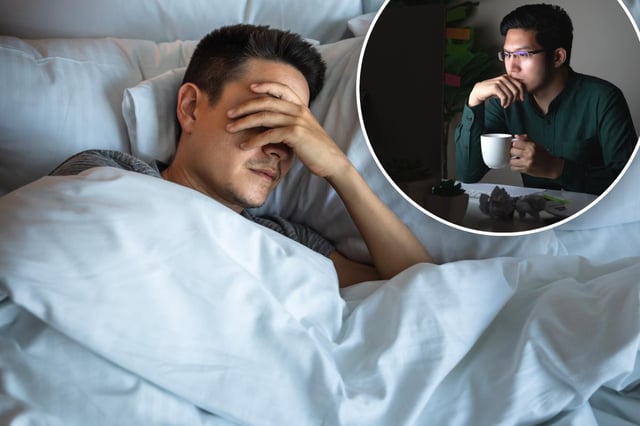Overview
- Mental health professionals describe 'sunset anxiety' as heightened anxiety or depressive symptoms that intensify as daylight fades, though it is not an official medical diagnosis.
- Symptoms include feelings of restlessness, hopelessness, and isolation, often tied to changes in circadian rhythms and reduced natural light exposure.
- The condition is more prevalent during the winter months, with earlier sunsets, colder weather, and seasonal shifts contributing to its onset.
- Experts recommend strategies like regular exercise, exposure to natural light, maintaining a structured routine, and setting achievable daily goals to alleviate symptoms.
- If symptoms persist or worsen despite lifestyle adjustments, individuals are advised to seek professional mental health support.

